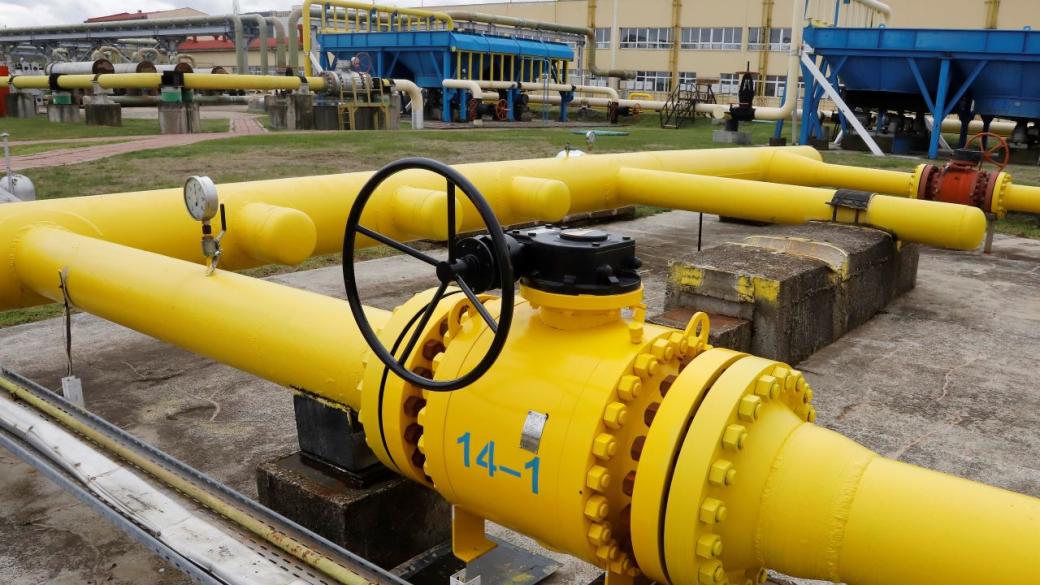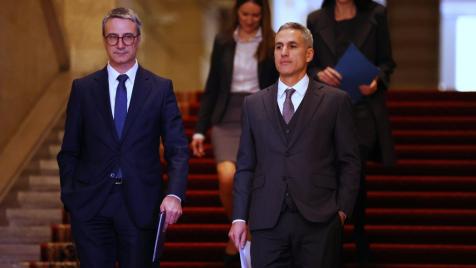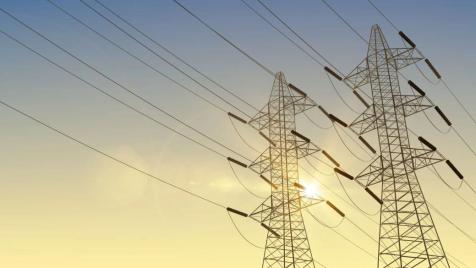The new fee for Russian gas through Bulgaria — the devil is in the details
The Denkov government is already taxing each megawatt-hour of electricity with 20 leva, and this has angered Serbia and Hungary

An extraordinary fee for the transit and transportation of Russian gas through the territory of Bulgaria has been in force for a few days, following the adoption of amendments to the Law on Control of the Implementation of Restrictive Measures in View of Russia's Actions Destabilising the Situation in Ukraine at the end of last month.
The fee is set at BGN 20/MWh and excise declarations will be submitted by the operators of the gas transmission and distribution networks and tracked by the Customs Agency.
There are two factors determining the decision to adopt it — an attempt to supplement the state budget and a good geopolitical signal, energy expert Kostantsa Rangelova explained to Econcomic.bg.
The devil is in the details
However, the molecule of the imported gas can only be declared with a certificate of origin, for which the law does not specify how it is to be drawn up and guaranteed.
Rangelova explains that the problem with gas and electricity trade is that “the molecules have no label, and in any case the certificate of origin can very easily say ‘no Russian gas here,’ but realistically we have no way of knowing where the molecules came from, and here is the question: how will things be set up from an accounting point of view?”
The main stumbling block will be exactly how these certificates of origin will be issued, by whom, who will monitor and verify them — the devil will be in the details," she adds.
Costanza Rangelova gives the example of oil, where a trader promises not to buy Russian oil, for example, but then there is no real verification.
In Bulgaria, the Russian gas that is imported is through third parties and in reality, molecules of Russian gas could reach us, but labelled "Turkish" or "Greek.”
Still, the new energy levy is defined by the expert as a positive development, mainly because we have an additional measure against the import of Russian gas, which anyway attempts to be "washed" by passing through third parties.
Strong reaction
The extension of the Russian gas pipeline "Turkish Stream" passes through the territory of Bulgaria, called "Balkan Stream" for the sake of politeness by the former Prime Minister Boyko Borissov, through which the fuel flows to Hungary and Serbia. It is also one of the few remaining gas supply routes from Russia to Europe. The actions of the Bulgarian authorities were strongly criticised by Hungarian Foreign Minister Peter Szijjártó, as Hungary still receives most of its transit gas from Russia.
According to Serbian media, President Aleksandar Vucic has even said that he will talk to his Bulgarian counterpart Rumen Radev about the fee increase.
They rather see him as a political figure who could somehow stand in their way, but in terms of what he can do, the options are limited," Rangelova said.
She said the pipeline going through here would make transport more expensive, but not much is expected to change with the flows from a commercial point of view, and the two countries have no alternative routes for importing Russian gas.
What Hungary could do is threaten some decisions at the European level, say for example that it will veto or block them, in order to enter into negotiations. But I don't see how the fees could be abolished," she added.
This article was translated with the support of DeepL.

 Aleksandra Sotirova-Delcheva
Aleksandra Sotirova-Delcheva 


